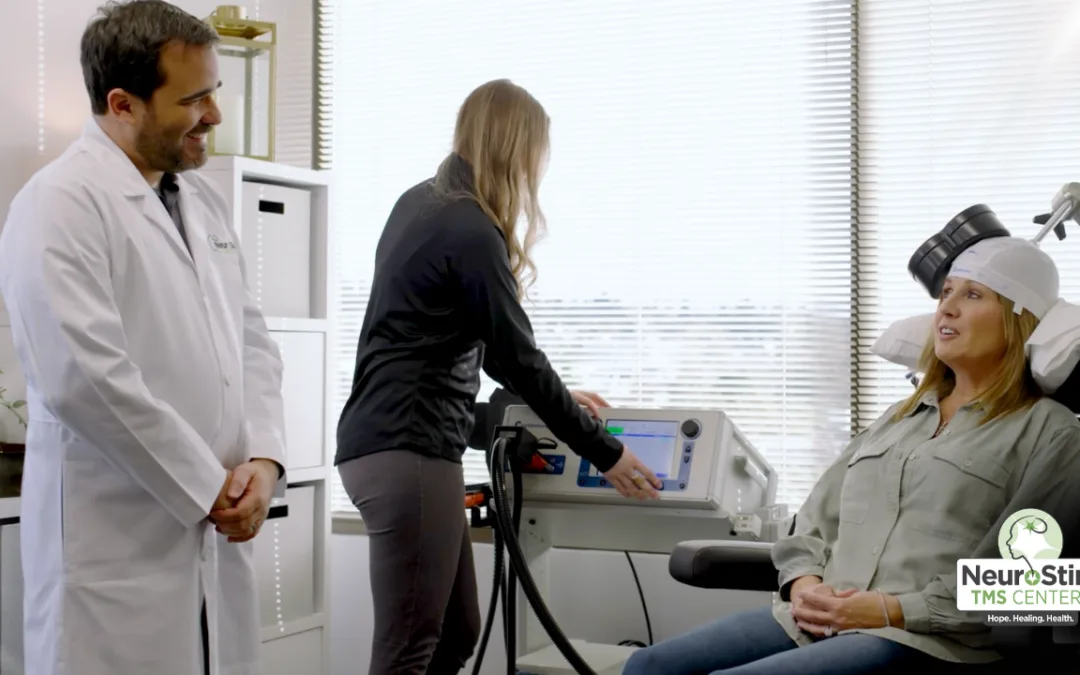
Can TMS Therapy Improve Self-Esteem?
Learn about the impact of low self-esteem on mental health and how TMS can help…

Learn about the impact of low self-esteem on mental health and how TMS can help…

Optimizing nutrition can boost TMS Therapy results. Discover how trending diets like…

How do you know if you’re dissociating? Discover the signs, causes, and how TMS…

Break the cycle of addiction – Veterans battling alcohol addiction can reduce cravings with…

Discover how your attachment style impacts relationships and mental health. Unlock deeper connections with…

Tackling Burnout and Stress with the cognitive benefits of TMS Therapy. With growing uncertainty in 2025…

Struggling with Depression? Maximize the benefits of your TMS Treatment with expert tips from…

Choosing the right TMS provider is crucial. These are the key factors to consider, how personalized care can…

The political climate in the U.S. is taking a toll on mental health. Discover how the 2025 Inauguration…

Discover the difference between Hypochondria and Health Anxiety. Implement effective strategies to manage health…